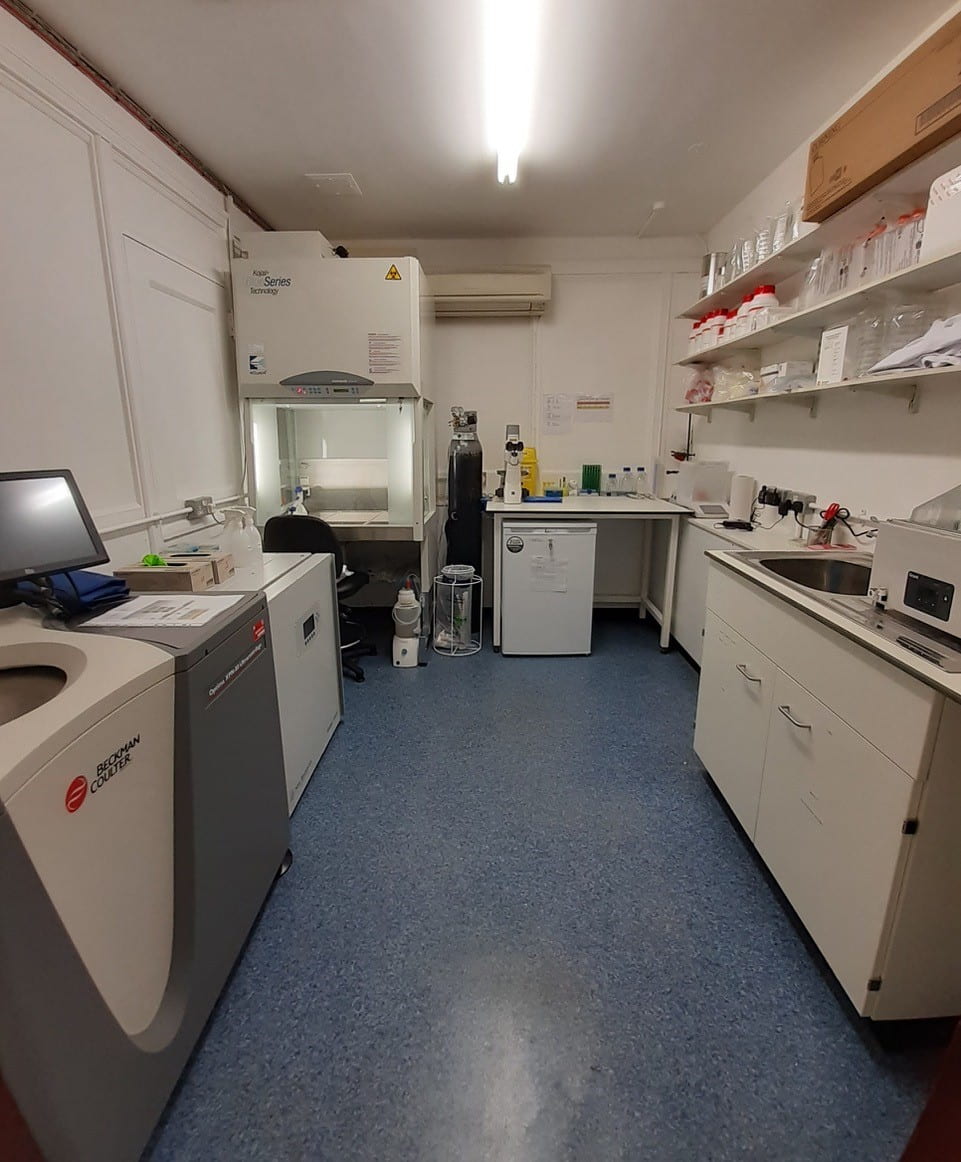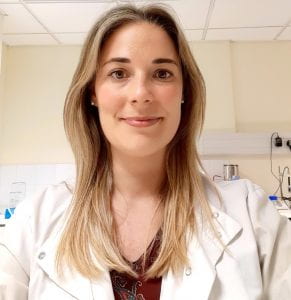In this Cell & Gene Therapy TIN interview as part of the Early Career Innovators series, recognising the amazing translational work being done by postdoc and non-tenured researchers within the UCL Therapeutic Innovation Networks (TINs), Dr Giulia Massaro highlights her Repurposing TIN Pilot Data Fund awarded project, involving the use of chemokines as a novel target to improve peripheral nerve regeneration.
What is the title of your project and what does it involve?
I am currently working on a project entitled: ‘Developing a novel gene therapy approach for the treatment of obesity’. This preclinical study proposes to design and test a gene therapy product that could provide an effective treatment for a disease that is a growing burden in society. The study will use viral vectors to deliver therapeutic genes to mouse models of obesity.
What is the motivation behind your project/therapeutic?
A large medical need exists for novel obesity treatments as rates continue to increase to worldwide epidemic status, with demonstrated association to cardiovascular diseases, diabetes, cancer and other disabling disorders. In the absence of a specific pharmacological treatment, lifestyle modification and bariatric surgery are the standard of care. However, this requires full participation of the parents in the case of children, and failure to maintain weight loss after intervention is often reported.
The development of a long-lasting gene therapy treatment will not only have a positive economic impact on the health system, but also impact personal and social aspects of morbid obese patients particularly for children and teenagers.
Can you highlight any challenges have you experienced as an early career researcher in the cell and gene therapy/translational research space?
I think it is not always easy to find your voice as a young researcher in such a crowded space as within science. In particular in a cutting-edge field like gene therapy, where the race to the next ground-breaking innovation or commercialisation is relentless, ECRs are often left behind. Personally, I have been incredibly lucky to be mentored by Prof Rahim and Prof Waddington, who supported my research, gave me the opportunity to present our work at a range of international conferences and involved me in different collaborations.

Why did you want to apply to the Cell & Gene Therapy TIN Pilot Data Fund? How has it helped you?
The TIN Fund is a great opportunity for an ECR to build a preliminary data package that can be used in future applications for grants and fellowships. This first step in gaining independence is essential to grow further as a researcher in the academic environment, allowing you to strengthen the personal and professional skills necessary to build a future career as successful principal investigator within the University.
Learn more about the support provided through the TINs
How did you find the process for the TIN Pilot Data Fund? What did you learn?
It was fun! I enjoyed the ‘Dragons’ Den’ format, with both academic and industry panellists. I also attended the ACCELERATE workshop led by Simon Cane, who gave us great tips on how to present our work in the 3 minutes interview. Plus, I got the chance to meet other ECRs working in different fields and hear about their research – keep it up guys!
Future applicants will also be offered this training. Learn more – Translational training from UCL ACCELERATE
What do you hope to achieve in the 6 months duration of your project?
My plan is to develop vectors and test these in models of the disease. The COVID-19 pandemic has obviously slowed down my research, particularly affecting the availability of consumables and limiting the access to the Biological Service Unit. Nevertheless, so far I have managed to test in vitro some vector candidates, with encouraging results. I am currently producing large scale vector batches that will be used in the future in vivo studies.
Gene therapy, with its possible long-lasting effects on weight management, has to potential to offer a unified single-treatment strategy for the obese patient population, including cases due to genetic, environmental and/or behavioural factors.
About Dr Giulia Massaro

Dr Giulia Massaro is a NIHR GOSH BRC Research Fellow in Translational AAV Technology at the UCL School of Pharmacy. After her MRes in Functional Genomics at the University of Trieste and the International Centre for Genetic Engineering and Biotechnology, she joined Prof. Ahad Rahim’s Lab at UCL to complete her PhD in Gene Therapy working on rare paediatric diseases of infants. Since 2013 she has been involved in many translational gene therapy projects, collaborating with both academia and industry, focusing on rare neurological disorders with unmet medical need.
In 2020 Dr Massaro opened the GTxNeuro Viral Synthesis Facility, a state-of-the-art vector production laboratory for research-grade viral vector batches, where she provides expertise and support for new and established researchers wishing to produce customised viral vectors.
 Close
Close




